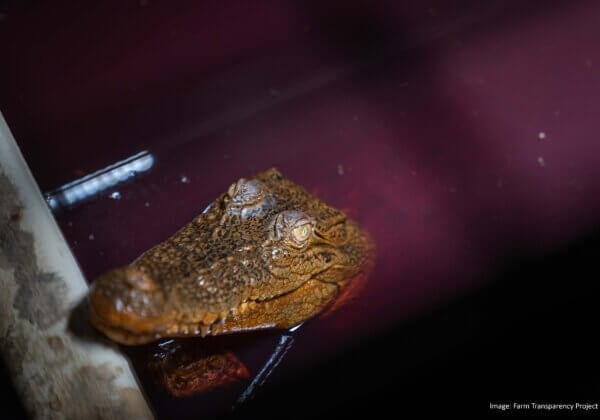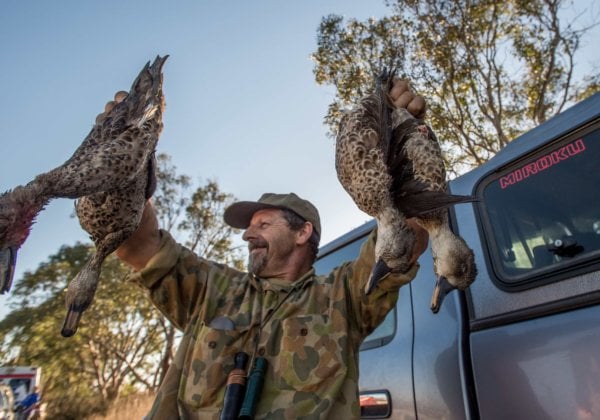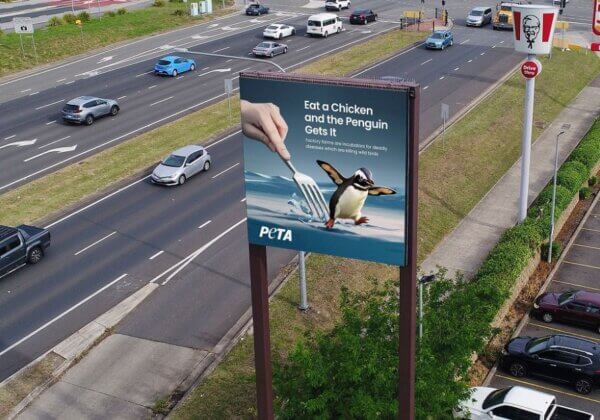Seven Dead Platypuses Found in Fishing Trap in Victoria River
Seven dead platypuses have been pulled out of a river near Melbourne after drowning in a fishing net.
A group of teenagers made the grim discovery as they were clearing rubbish while kayaking down the Werribee River.
 Michelle Wallis
Michelle Wallis
Death Traps
Earlier this year, more than 10,000 PETA supporters voiced their opposition to the sale of opera-house nets – a type of enclosed yabby trap – that had caused the death of at least 14 platypuses in 2017, although it’s likely that several hundred more platypuses have died and remain unfound because of the “set-and-forget” nature of the traps. As a result, companies such as Kmart, BCF, CH Smith Marine, Aussie Disposals, and Anglers Warehouse announced plans to pull this type of net from their stores, and the Government of Victoria announced it would outlaw the traps by July 2019.
The trap that killed these most recently discovered platypuses in the Werribee River was not an opera-house net, proving that all fishing nets are indiscriminate killers.
Platypuses are classified as a “near threatened” species, and in recent years, researchers have reported a significant decrease in their populations. Indeed, the threat is at risk of growing exponentially. If a female platypus is trapped while foraging for food to nourish her young and drowns, the babies will almost certainly starve.
 Mike Sverns
Mike Sverns
Ghost Fishing
Platypuses aren’t the only victims of discarded or forgotten fishing gear. According to a report titled “Ghosts Beneath the Waves,” more than 700,000 tons of fishing gear are left in the oceans each year. This abandoned equipment kills and mutilates millions of sea animals, including turtles, seals, whales, sharks, crabs and other crustaceans, and even birds.
At a time when people are so focused on banning plastic bags and straws to help marine life, we must not lose sight of the big picture. Plastic straws account for just 0.03 per cent of the plastic in the ocean. Abandoned fishing nets account for 46 per cent.
And then there’s the suffering fishing nets and rods cause the animals they’re used to catch. Hooked fish struggle in fear and pain. Once they’re taken from their natural environment and pulled into ours, they begin to suffocate. Their gills often collapse, and their swim bladders can rupture because of the sudden change in pressure.
https://www.facebook.com/PETAAustraliaOfficial/photos/a.147112932317988/708927912803151/?type=3&theater
How to Help Platypuses
Ask Fishing Wholesalers to stop selling enclosed yabby traps.
Leave fish and other animals off your plate.







